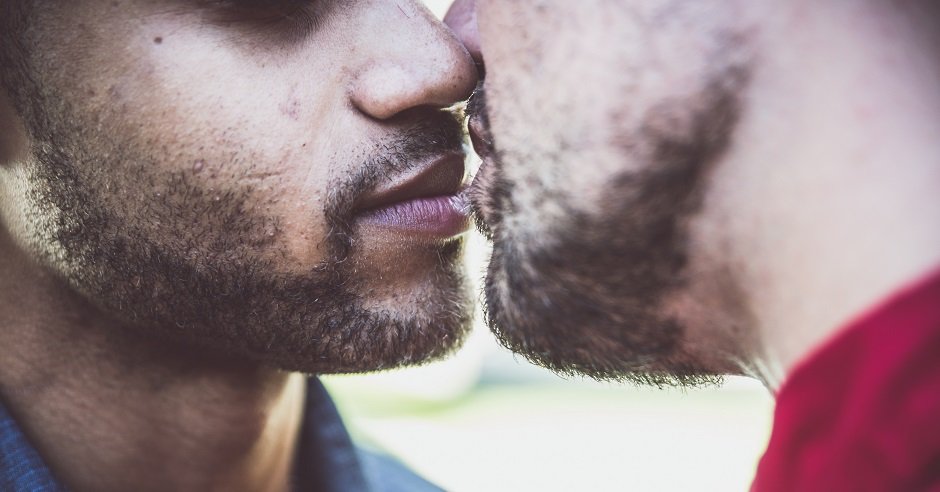Get answers to your questions about PrEP
If you are afraid of becoming infected with HIV, pre-exposure prophylaxis (PrEP) is recommended. What does the medication do? Who should take PrEP? Could be your solution? Get all your questions about PrEP answered before taking it.
Listen in to get answers to all your questions about PrEP:
Colorado Department of Public Health and Environment on PrEP
Megan Canon is the biomedical interventions coordinator for the Colorado Department of Public Health and Environment and leader of the state’s Proud to be PrEPPED campaign. Prior to CDPHE, Megan served as a PrEP Program Coordinator for the Houston Health Department and as a Please PrEP Me Project Consultant for HIVE. Megan is a dedicated public health leader committed to helping communities make informed decisions about their health needs.
Megan joins us to answer all your questions about Prep. She explains who is a good candidate for the HIV prevention drug TRUVADA and how long it takes for it to start working. She addresses the issue of finding a PrEP-friendly provider and using health insurance and financial assistance programs to access the medication. Listen as Megan answers your questions about taking PrEP for HIV prevention and learn whether or not PrEP is right for you!
The 13 questions about PrEP answered
1. The basics of pre-exposure prophylaxis
- New HIV prevention strategy
- To date, TRUVADA is the only approved brand
2. Who is a good candidate for PrEP?
- Gay, bisexual men + anyone in a relationship with mixed HIV status
- Transgender people and people who inject drugs
- Anyone who is at high risk of becoming infected with HIV
3. The effectiveness of PrEP (when taken consistently)
- Reduces the risk of HIV infection by > 90%
- Some studies show a 99% reduced risk
4. How long does it take for PrEP to start working?
- Take for one week before anal sex
- Take three weeks before vaginal sex
- Take for 20 days before injectable medications
5. How familiar the medical community is with PrEP
- Anyone who can write a prescription can prescribe PrEP
- Visit the website for a list of PrEP-friendly providers
6. Questions to ask when choosing a healthcare provider for PrEP
- Do I feel comfortable talking to them about my sexual health?
- Are you informed about HIV and PrEP?
7. The health insurance companies that cover PrEP
- Most private health insurance companies
- Medicaid, Medicare and TRICARE
8. Additional financial support programs and resources for PrEP access
9. How PrEP might influence your decision to use condoms
- Only protects against HIV (not against other sexually transmitted diseases)
10. What it means to be “undetectable.”
- Virus under control, lead healthy life
- Probability of passing on HIV = zero
- Status not permanent (weakened immune system)
11. What happens if you stop using PrEP?
- Take 28 days after possible exposure
- If you miss more than three days, the level of protection drops
12. The possible side effects of PrEP
- Nausea, headaches and weight loss
- Increased kidney function, decreased bone mineral density (rare)
13. The basics of post-exposure prophylaxis
- Take AFTER possible HIV exposure
- Available in the emergency room, urgent care, or through a provider
- Only take PEP if you are NOT taking PrEP

